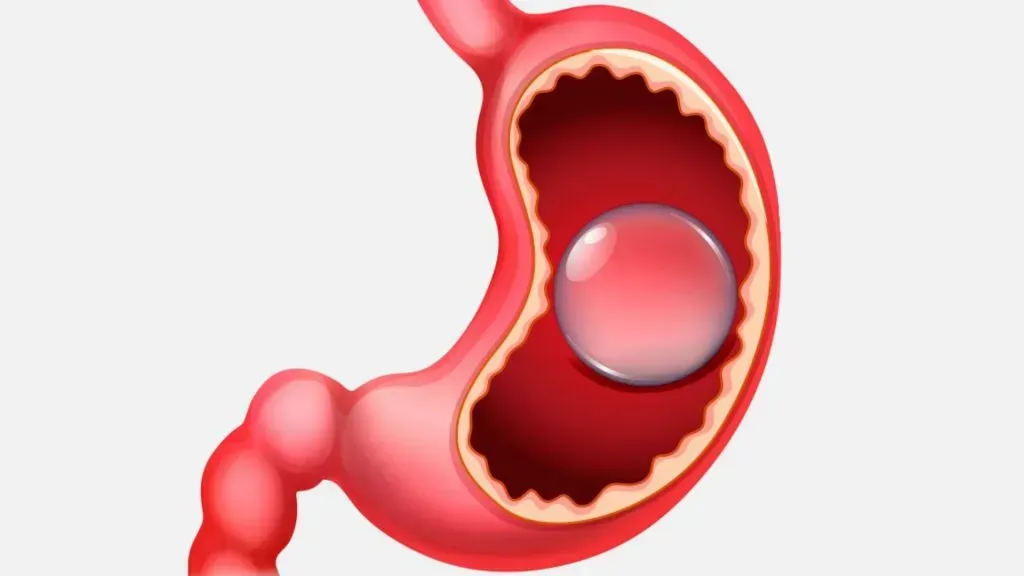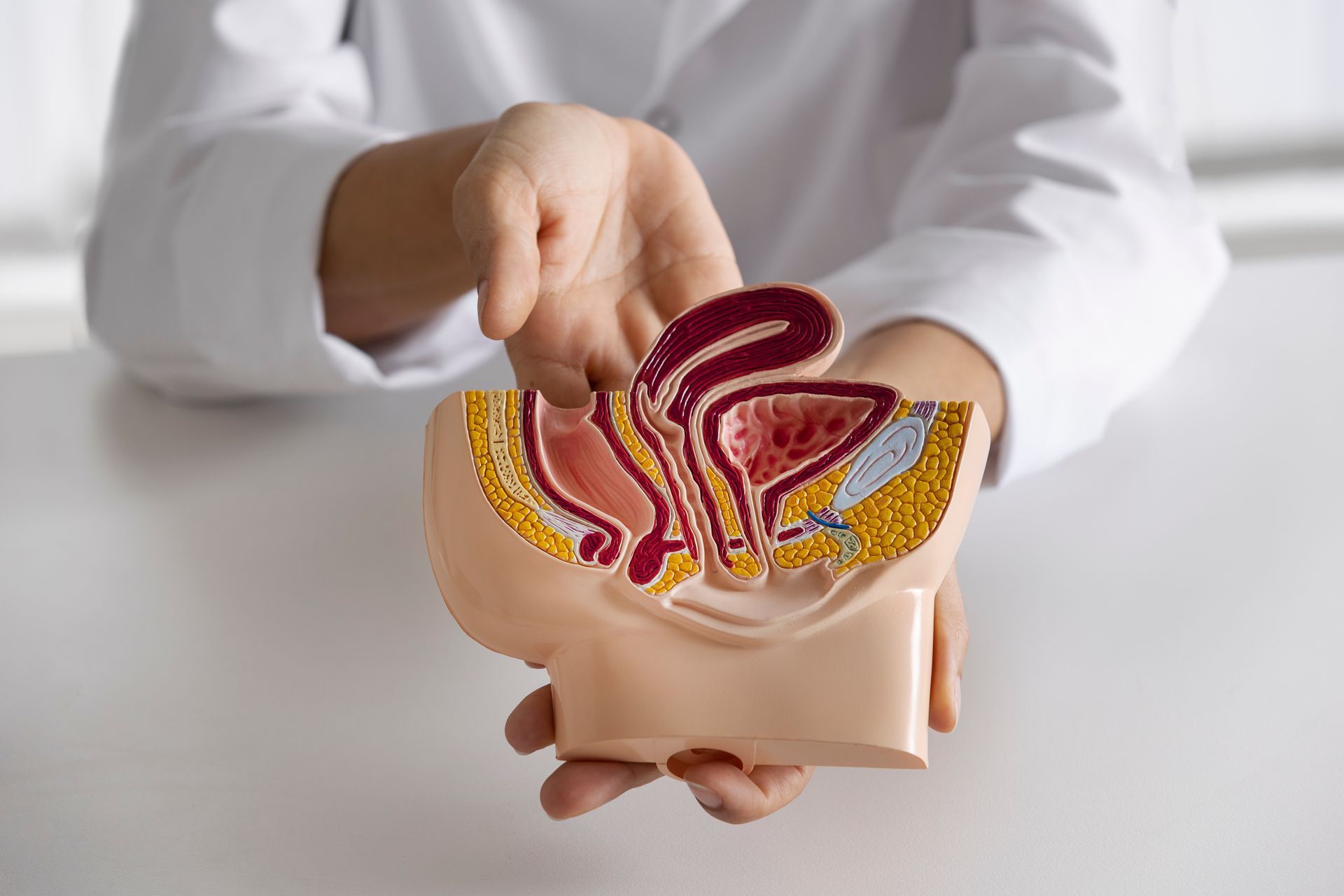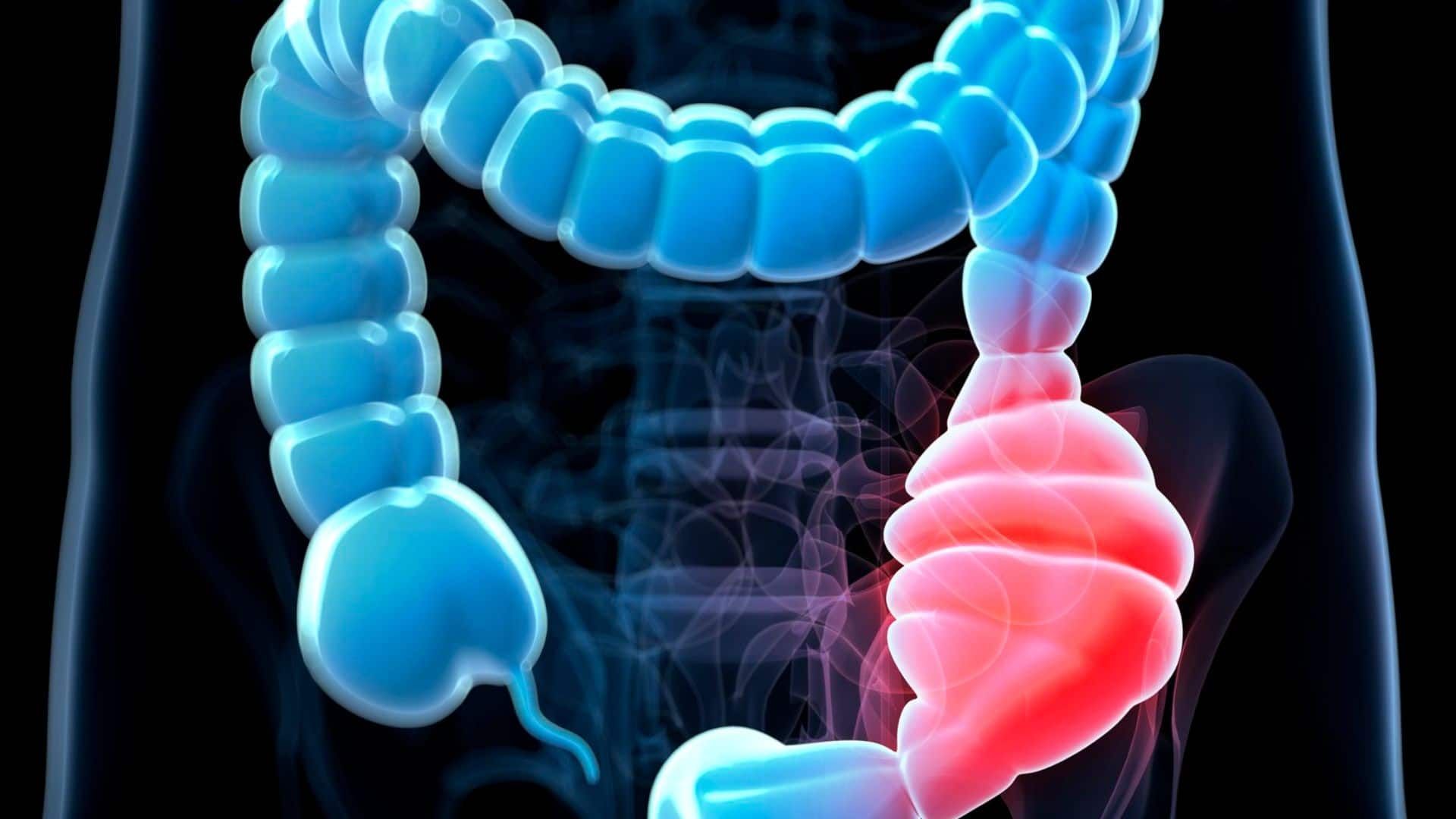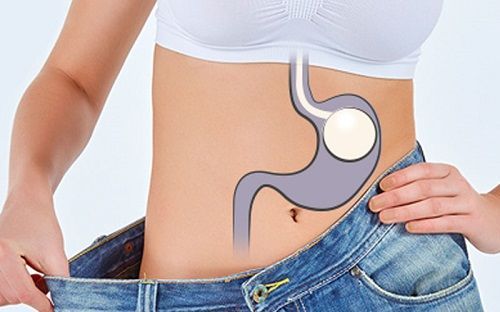Ask a Gastroenterologist: What is Hiatal Hernia?
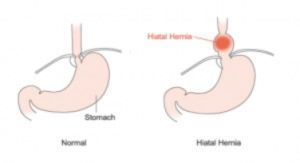
Any time an internal body part pushes into an area where it doesn’t belong, it’s called a hernia. The hiatus is an opening in the diaphragm — the muscular wall separating the chest cavity from the abdomen. In a hiatal hernia (also called hiatus hernia) the stomach bulges up into the chest through that opening. An experienced gastroenterologist can diagnose both of these.
There are two main types of hiatal hernias: sliding and paraesophageal (next to the esophagus).
In a sliding hiatal hernia, the stomach and the section of the esophagus that joins the stomach slide up into the chest through the hiatus. This is the more common type of hernia.
The paraesophageal hernia is less common but is more cause for concern. The esophagus and stomach stay in their normal locations, but part of the stomach squeezes through the hiatus, landing it next to the esophagus. Although you can have this type of hernia without any symptoms, the danger is that the stomach can become “strangled,” or have its blood supply shut off.
Among other gastroenterology conditions , often, people with hiatal hernia also have heartburn or acid reflux disease. Although there appears to be a link, one condition does not seem to cause the other.
What Are The Causes of Hiatal Hernia?
Most of the time, the cause is not known. Some people develop a hiatal hernia after sustaining an injury to that area of the body; others are born with a weakness or an especially large hiatus. Increased pressure in the abdomen from coughing, straining during bowel movements, pregnancy, and delivery, or substantial weight gain may contribute to the development of a hiatal hernia. In addition to the increased occurrence in people over fifty, hiatal hernias also occur more often in overweight people (especially women) and smokers.
What Are The Signs And Symptoms of Hiatal Hernia?
Most small hiatal hernias cause no signs or symptoms. Larger hiatal hernias can cause:
- Heartburn
- Regurgitation of food or liquids into the mouth
- Acid reflux
- Difficulty swallowing
- Chest or abdominal pain
- Shortness of breath
- Vomiting of blood or passing of black stools, which may indicate gastrointestinal bleeding
What Are The Risk Factors of Hiatal Hernia?
Hiatal hernia is most common in people who are:
- Age 50 or older
- Overweight
How is Hiatal Hernia Diagnosed?
A hiatal hernia can be diagnosed with a specialized X-ray study that allows visualization of the esophagus (barium swallow) or with an upper endoscopy.
What Are Possible Treatments For Hiatal Hernia?
Most people do not experience any GI symptoms of their hiatal hernia so no treatment is necessary unless there are symptoms of acid reflux disease. However, the para-esophageal hernia (when part of the stomach squeezes through the hiatus) can cause the stomach to be strangled so surgery is usually recommended.
Read More About How a Gastroenterologist Can Help
Gastroenterologist near me
How to Prep for a Colonoscopy
What is a Gastroenterologist
Fight the fatty liver with a gastroenterologist
How do you know when to see a gastroenterologist?
Colon Cancer Q&A with a Gastroenterologist
What is a GERD and When Should You See a Gastroenterologist?
When to See a Gastroenterologist for an Anal Fissure
The post Ask a Gastroenterologist: What is Hiatal Hernia? appeared first on Gastro SB.





